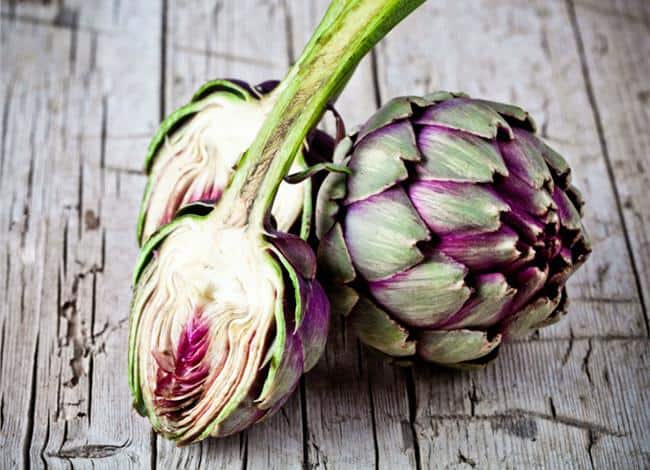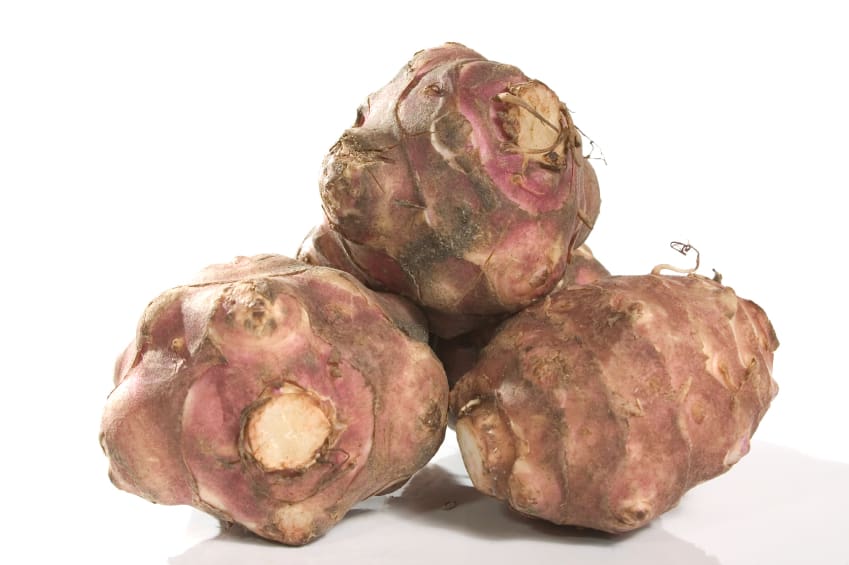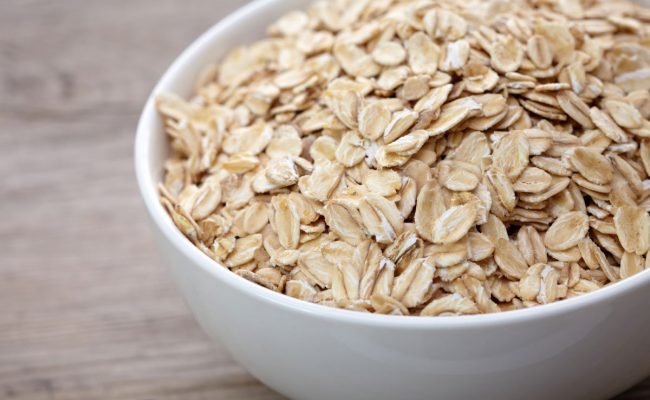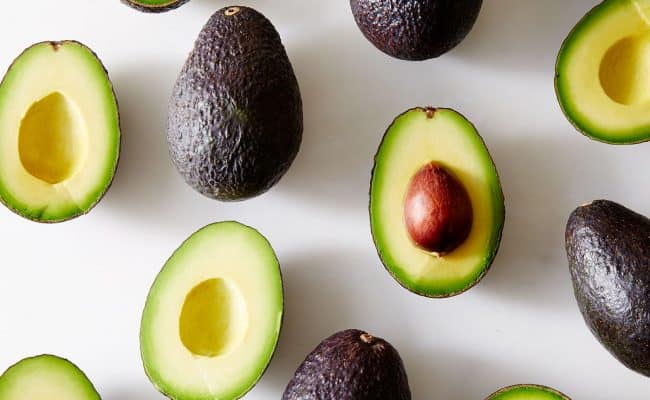
Eating a diet high in fruits and vegetables may help lower risk for heart disease, stroke, high blood pressure, lower risk for certain cancers and may help with weight regulation. The recommended intake for vegetables for women 19-50 years old is 2.5 cups per day and 3 cups per day for men.
Most Americans don’t meet the recommended intake of vegetables, so increasing any vegetable intake can offer health benefits including artichokes.
Artichokes are a good source of antioxidants, fiber, vitamins and minerals.
There are different types of artichokes and different ways of preparing them.
Consuming a variety of types of artichokes and eating more than just the artichoke hearts may provide the most health benefits.
Artichoke leaves have been shown in research studies to offer some promising health benefits.
If you don’t normally eat artichokes, they may be somewhat intimidating to work with.
They can require some extra steps for preparation, but their health benefits they provide make up for the extra steps.
Antioxidants
According to research from the USDA (1), a serving of artichokes provides more antioxidants than other known high antioxidant foods like cranberries, blueberries, wine and chocolate.
In fact, WebMD suggests artichokes rank number 7 out of the top twenty antioxidant rich foods (2).
Research studies (3) suggest long term intake of foods high in antioxidants, like artichokes, can offer protection against certain cancers, cardiovascular disease, diabetes, osteoporosis and neurodegenerative disorders.
A serving of artichokes provides about 20% DV vitamin C. Vitamin C is not only a powerful antioxidant, but it can help regenerate other antioxidants like vitamin E in the body (4).
Liver health
Two antioxidants in artichokes are Cynarin and Silymarin (5).
These two nutrients have been shown in some research to have a specific benefit on liver health.
Artichokes are thought to benefit liver health by stimulating bile production from the liver.
A 2015 review (6) suggests animal studies have shown liquid extracts of artichoke leaves and roots protected liver cells and even help regenerate the growth of new liver cells.
Artichokes have been associated with curing various liver problems, but WebMD suggests there is insufficient evidence that artichokes or artichoke extract can cure liver problems (7).
Artichokes may provide antioxidants associated with liver health, but eating artichokes doesn’t mean it will cure liver injuries.
Fiber
It is estimated less than 3% of Americans meet the daily fiber intake recommendations
Increasing fiber intake could help lower risk for many chronic diseases, so eating more foods high in fiber like fruits and vegetables can offer many health benefits.
Adult women are recommended to get 25 grams of fiber, and adult men are recommended to get 38 grams of fiber per day.
A serving of artichokes provides about 6 grams of fiber which is about 20% of the daily recommended fiber intake for adult women.
Heart health
Eating a high fiber diet is beneficial for heart health because fiber can help lower blood cholesterol levels.
Artichoke extract may modestly help lower LDL cholesterol in the blood.
The compounds from artichokes that are beneficial for liver health may also provide heart health benefits.
These compounds may also help lower blood cholesterol levels (8).
Eat the leaves and the heart
Artichoke hearts are probably the most popular part to eat from the artichokes.
However, just eating the heart of an artichoke can cut out many of the health benefits artichokes have to offer.
The leaves contain many compounds that offer health benefits, so not eating the leaves means you are missing out on many nutrients.
Are canned artichokes healthy?
Fresh artichoke hearts are naturally low in sodium, but canned artichoke hearts can be high in sodium.
If you eat canned artichokes, choose artichokes canned in water.
Canned artichokes are a source of fiber, vitamin C and antioxidants like fresh artichokes.
Jerusalem artichokes
Jerusalem artichokes are a far cry from globe artichokes.
Jerusalem artichokes are not really artichokes, they are actually a tuber and are related to sunflowers (9).
Jerusalem artichokes don’t have the leaves like artichokes; they have white flesh.
Jerusalem artichokes have a type of carbohydrate called inulin and fructooligosaccharides. These compounds are considered prebiotics which act as fuel for beneficial bacteria in the digestive tract.
A 2015 study (10) concluded Jerusalem artichokes had a beneficial effect on immunity and gut health in rats.
Eating foods like Jerusalem artichokes that are considered prebiotics can promote the growth of probiotics.
So far, research studies suggest probiotics may help the following: preventing and treating yeast infections, treating diarrhea, irritable bowel syndrome, some intestinal infections and may help boost immune health to prevent or treat colds and flu (11).
Conclusion
Adding artichokes to your diet can offer many health benefits.
Artichokes are a good source of antioxidants and are even listed in the top 20 antioxidant foods according to the USDA.
Eating foods high in antioxidants may help lower risk for certain diseases and protect cells from damage.
Artichokes contain certain compounds associated with promoting liver health in animal studies.
More research is needed, but these compounds in artichoke leaves may help stimulate liver health and function.
Like other vegetables, artichokes are high in fiber. Adding them to your diet can be a good way to bump up your dietary fiber intake.
When preparing artichokes, don’t eat just the hearts. The leaves contain many nutrients in them, so make sure to use them as well as the hearts.
Even though Jerusalem artichokes aren’t really related to artichokes, they can still provide many health benefits by being a source of prebiotics.













Iris Rice says
Thanks for the information…. I have never liked artichokes. I plan to try it in a smoothie.